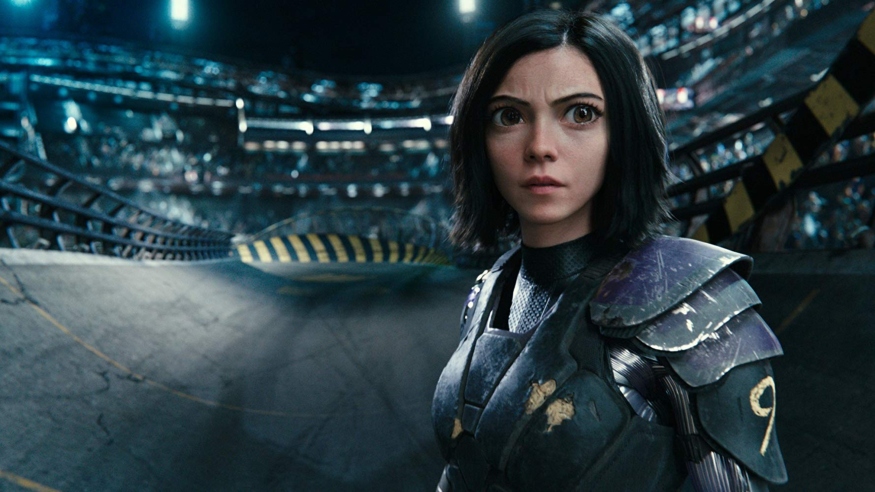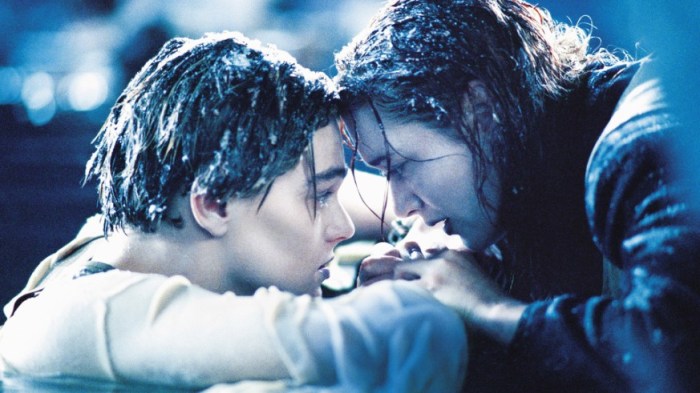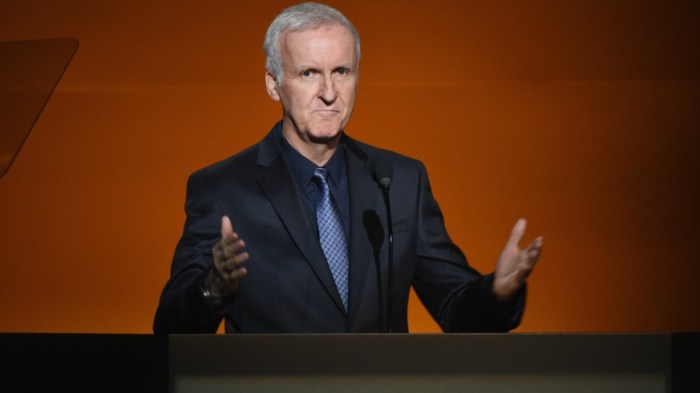While it has taken 20 years for producers Jon Landau and James Cameron to finally bring their adaptation of Yukito Kishiro’s manga series Alita: Battle Angel to the big-screen, to say that it has languished in development hell would be doing those involved a disservice.
Landau and Cameron have worked tirelessly during this time to ready the cyber-punk action film, which is set in a dystopian future where Christoph Waltz’s cyber-doctor discovers the unconscious titular cyborg, who has amnesia and doesn’t reember that she used to be a fearsome warrior.
Alita was originally brought to Landau and Cameron in 1999 by Oscar winning director Guillermo del Toro, who intended to direct it “because he felt it was a film his eight-year-old daughter needed to hear and experience.”
Why did it take 20 years to make Alita?
The core story of “a girl who thought she was insignificant but then discovers that inside of herself is the ability to be a hero” was very important to Cameron and Landau, too.
“We feel like there can never be enough inspirational women characters. Jim and I have talked about the incredible roles that each of our mothers have played in our lives. How they have influenced us with their strength and perseverance through different kinds of adversity. We really wanted to make something inspirational.”
However, it then took five years to get Alita’s script right, at which point Del Toro had moved onto other projects and Cameron had turned his attention to Avatar. The huge success of that meant that Alita was soon on the back-burner again.
“If we wanted to honor it we knew we had to find a director,” continues Landau. “We wanted to find someone we could partner with. Someone we could leave our child with.” Then, during a social lunch with Robert Rodriguez, where Cameron admitted he would be consumed by Avatar sequels for the foreseeable future, the Texan director revealed himself to be the perfect man for the job. There was just one task that he had to complete.
“Jim showed him the artwork that we had created and gave him a script that he knew was too long. It was 186 pages, with 600 pages of notes. Jim said, ‘If you can crack this, then you can direct this.’ Robert went off in a relatively unprecedented manner with no deal in place.”
“He said, ’I’m not going to re-write this. I’m going to edit this. Because you do not re-write Jim Cameron.’ He edited that script down to 128 pages. When Jim and I got it back we read it, and we weren’t missing anything.”
Rodriguez spent a further 5 years working on Alita, and then, in 2016, the next hurdle arrived in the shape of finding the right actress to portray Alita. After a lengthy casting process the titular role was claimed by Rosa Salazar, who, according to Landau, stood out because she was able to go from having the “wide-eyed innocence” of Alita to “a warrior seeking vengeance and revenge.”

Salazar was more than ready for the role, too, and fully embraced the history, size and expectations of the blockbuster.
“Anytime I feel anxious about something I go towards it,” says Salazar. “I think that’s one of the main attributes of Alita actually. Going to work is the one thing that grounds me. That’s the one thing that makes me feel less anxious. If I’m nervous about an audition that’s because I haven’t gotten inspired yet. I have to start working on it and getting inspired by the story.”
“With this I felt confident, powerful, and ready. I had so much pent up creative energy that I was incredibly ready and prepared to take on this task. When I came to this I had a nice level of confidence in myself and my abilities and my presence on the set and so I was just ready to jump in.”
Alita: Battle Angel is released on February 14.























